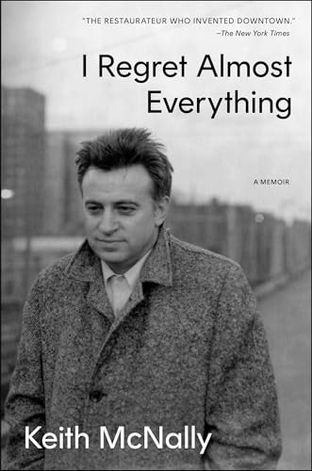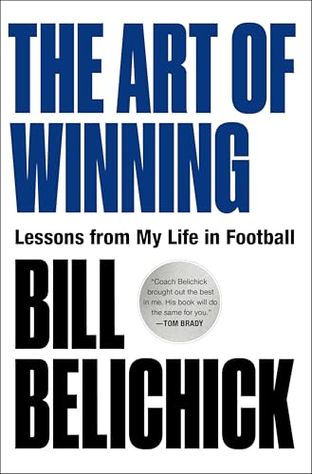Review of I Regret Almost Everything
by Johny McFliggen, PhD Literature & Business, Oxford
"I Regret Almost Everything" by Keith McNally—what an arresting title, isn't it? It evokes the kind of existential dread mixed with self-deprecating humor that one might expect in a Woody Allen movie, or perhaps a particularly sardonic episode of "Curb Your Enthusiasm." Yet, as we turn the pages of this literary enigma, we are not greeted by the ramblings of Larry David's alter ego, but rather the introspections of New York's culinary impresario, Keith McNally.
Venturing into the written word is a bold move for a man whose legacy is already carved into the cobblestones of SoHo and the menus of Balthazar. McNally's memoir-like narrative, if indeed it exists, would ostensibly dip into the rich broth of his life experiences—from the fiery kitchens to the artful orchestration of front-of-house elegance. One can imagine him weaving stories akin to a master sommelier selecting wines; each anecdote revealing layers of flavor, complexity, and perhaps a touch of bitterness.
The tantalizing notion of this book brings to mind Anthony Bourdain's "Kitchen Confidential," a seminal work that peeled back the stainless steel curtain on the culinary industry with wit and grit. However, McNally's voice would likely stand apart, less gonzo and more reflective, offering insights with the seasoned eye of someone who has seen trends come and go like yesterday's specials. His narrative could very well be peppered with the kind of wry observations and candid confessions that make memoirs memorable.
In the realm of restaurateurs-turned-authors, Danny Meyer's "Setting the Table" offers a more prescriptive view of hospitality management, but McNally, I suspect, would eschew such formulaic advice. Instead, he might regale us with tales that intertwine personal folly with professional triumphs—each regret a stepping stone in his culinary saga.
What truly intrigues me is the potential for McNally to delve into the emotional tapestry that underpins the hospitality industry. The title itself, "I Regret Almost Everything," suggests a narrative steeped in vulnerability, an unvarnished look at a life lived amidst the clatter and glamour of New York's dining scene. It raises questions about the nature of success and failure, and how one reconciles personal dissatisfaction with public acclaim.
If this book indeed graces our bookshelves, it might not just be a chronicle of restaurants past but an exploration of identity, ambition, and the costly pursuit of perfection. It's a journey that spirals through the heart of Manhattan's gastronomic temples and perhaps touches on universal themes of aspiration and regret.
In a world where memoirs often sanitize or sensationalize, McNally's potential offering could be a refreshingly raw testament to the human condition. It would remind us that behind every polished facade lies a series of missteps and reflections—a sentiment as comforting as a well-cooked meal. Until then, we're left to imagine what McNally might reveal in his own words, hoping to dine on his wisdom in literary form.
Purchase Link: I Regret Almost Everything on Amazon



